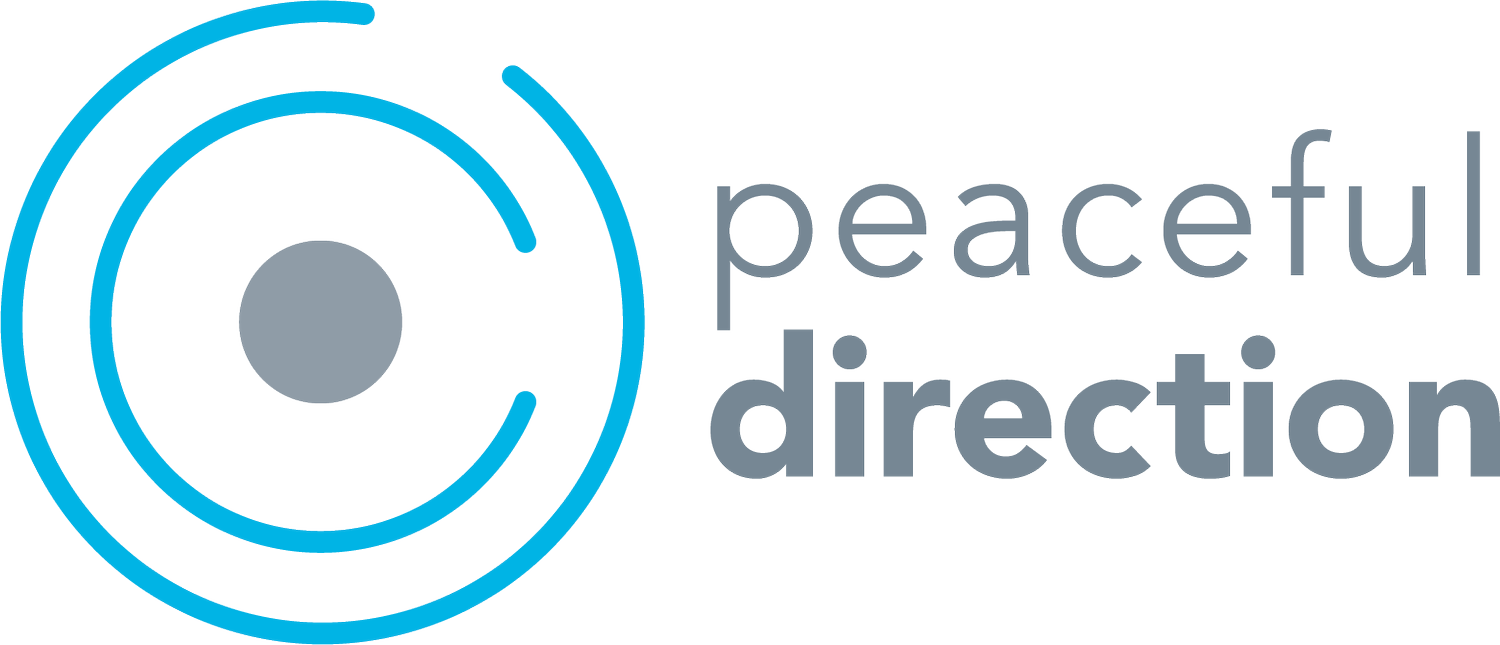Four advantages of hiring a coach
“Why should I hire you when I can just read books and do some of this stuff myself?”
It wasn’t nearly this blunt, but the question from the potential client really got me thinking! We coaches make our livelihood through inquiry. The tables had turned, and here was almost a magic bullet: an invitation to distill down the value of coaching, in the form of a single question.
For starters, I explained, you are going to read books and do some of this stuff yourself. The coaching journey is co-created with the client.
It isn’t like dropping your car off at the shop and picking it up later, ready to provide you with many more happy miles of travel. For a coaching engagement to be successful, the client must dedicate time, space, thought, effort to the process along with the coach.
I then talked through three advantages that coaching provides over a self-service approach to growth and development: curation, reframing and accountability. A fourth, challenge, came to mind after our conversation.
Curation
Search for “leadership development” on your favorite monolithic e-commerce site, and you’ll get more than 20,000 results. The phrase appears almost 3,000 times on the TED Talk website. The coach as curator helps cut through all of this mess. In my time as a leader and a coach, I’ve assembled a growing collection of resources on topics that come up over and over again with my clients. So, while I’m not an expert on these topics myself, I know about the experts and their content. I’m also always reading and learning more, because it’s my job.
I’ll often throw out a video, podcast or book suggestion for clients to deepen their understanding on a leadership issue. Having a resource that’s carefully curated with their needs in mind, and a thought partner for discussing that resource, leads to stronger and faster growth than browsing and reading on their own.
Reframing
I’ve often said I feel successful when clients report a new understanding of something they already knew about themselves. The coach’s job is not to diagnose, confer wisdom or opinions from on high, but to call up the best from within the client. One of the best ways to do this is to cast their stories, obstacles and situations in a different light by looking at them differently.
“Have you considered…?”
“What would happen if…?”
“Is it possible… instead?”
The alternate universe question, the analogy, the (anonymized) story from another client are all ways to reframe what the client puts forward. It’s very possible -- and a great idea -- to build a practice of pausing to ask these questions of oneself on a regular basis. Having a coach can help kick-start the habit.
Accountability
Change is hard. Behavior change is especially hard. The science on this is pretty clear. We can do hard things, but we often need help.
That help comes in the form of accountability. It’s the reason we’re more likely to stick to a fitness plan if we work with a trainer, or get up at 5 a.m. for that winter run if we’re meeting a friend.
A relationship with a coach is a powerful accountability partnership for behavior change related to work. My clients and I create actions related to their goals. They commit to those actions in front of me during our sessions, knowing I will ask about them next time we meet. And because they know the question is coming, they’re more likely to take the actions.
Challenge
Psychologist and author Adam Grant talks about the importance of a challenge network for leaders. It’s a group of people who will test their thinking independently of any bubble or work culture leaders tend to create around themselves. Coaches are a great part of a potential challenge network because we don’t have a stake in the outcome our clients are seeking.
We want our clients to grow and succeed. That’s why they hire us. But our livelihoods and our senses of identity don’t depend on that success. This is why we can say things to our clients that their direct reports, their bosses, their life partners and parents won’t. We help them identify gaps in their reasoning, identify obstacles and navigate through their own blind spots. If they’ve told us something that sounds like a bull***t excuse, it’s our job to challenge them by calling that out.
It is absolutely possible to find these four elements separately and bring them together into your life. Working with a coach will pull them all together into a single relationship over a defined period of time. It’s a powerful combination, and one you won’t find anywhere else.
(By the way, the potential client who inspired this post is now an actual client.)
Image: Silver Spoon, CC BY-SA 3.0 , via Wikimedia Commons
